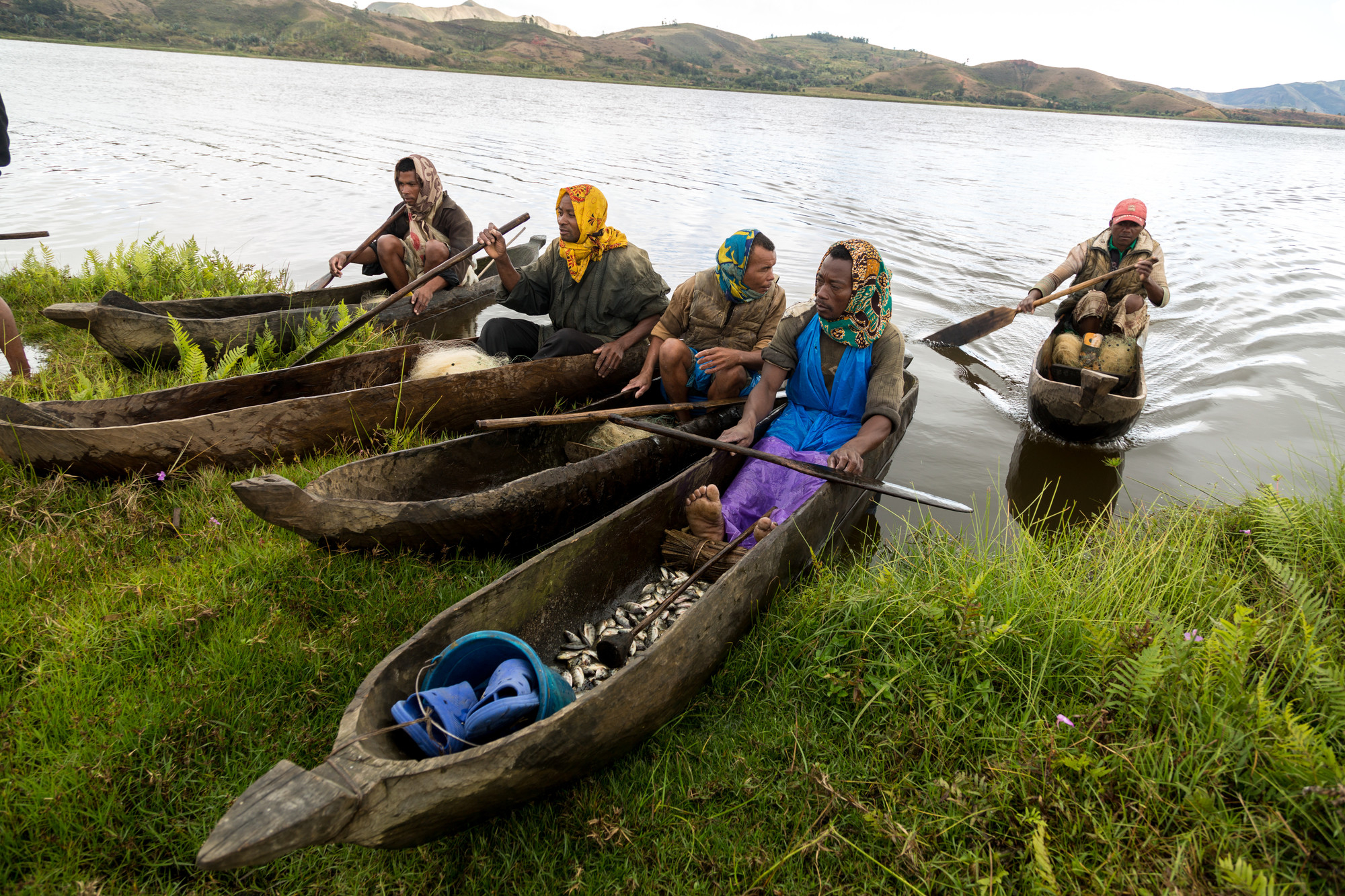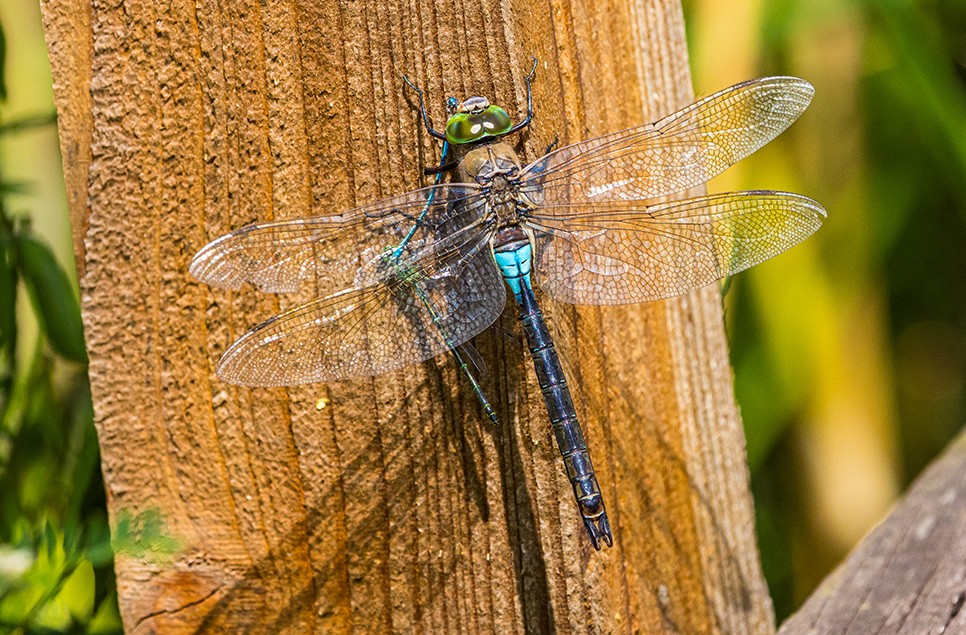Ambitious wetland project launched to improve livelihoods of 10,000 people in Madagascar receives international funding

WWT’s aim to enhance biodiversity, boost livelihoods and fight climate change through the improved management of protected wetlands in Madagascar has received financial backing from the European Union and the Organisation of African, Caribbean and Pacific States through the BIOPAMA Programme.
It aims to reinforce the capacity of community associations to develop and implement a strategy that will help Lake Sofia thrive by protecting it from threats such as the over-harvesting of natural resources and pollution for the benefit of local people and wildlife. The work at Lake Sofia will be used as a blueprint for improved management of other wetland systems in Madagascar.
The conservation work, which is already underway, is being carried out by a partnership between WWT, Durrell Wildlife Conservation Trust (DWCT), Asity Madagascar (AM) and Organisation de Soutien pour le Développement Rural à Madagascar (OSDRM).
Head of International Programmes Tomos Avent said:
“WWT has been working in Madagascar since 2009, where we have successfully delivered a range of projects, from saving Critically Endangered species from extinction, to publishing guidance for wetland management.
“This project aims to extend our conservation work at Lake Sofia, supporting communities to restore and manage their lake so that it can provide for wildlife and the people that depend on it. It’s a model that we’re promoting throughout the country.
“Madagascar is rich in species found nowhere else in the world but it suffers from extreme poverty which is accelerating environmental degradation. Healthy freshwater wetlands can support a resilient future for communities and protect precious, endemic biodiversity.
“BIOPAMA’s support allows communities not to just envision a network of thriving wetlands in Madagascar that sustainably serves their needs, but make it a reality.”
Francis Urena-Lara of the EU Delegation said: “The European Union is supporting this action at the Sofia Lake via the BIOPAMA Programme financed under Intra-ACP funds. At the EU Delegation we consider that this is a good opportunity for highlighting EU current and future engagements with the sustainable and inclusive development of Malagasy people while managing its natural biodiversity.”
His colleague Nicole Andrianirina added: “We will closely follow the good practices implemented by WWT and its partners. Successful approaches may be scaled up and implemented within our current rural development/environment programmes in Madagascar. Finally, we expect that this pilot action may pave the path for sustainable and inclusive management in the other 20 Ramsar Convention sites in Madagascar.”
Since 1960, Madagascar has lost over 60% of its wetlands. Those remaining face a wide range of threats including sedimentation, pollution and over-harvesting.
It is hoped the project will reinvigorate a National Ramsar Committee to promote the worthwhile and practical use of wetland systems, through an action plan and the promotion of wetland conservation. Support will also be given to managers of important wetlands throughout the country, helping to build capacity for the long-term resilient conservation and oversight of wetland Ramsar Sites across the country.
Ramsar sites are wetlands of national importance designated under the Ramsar Convention. .



